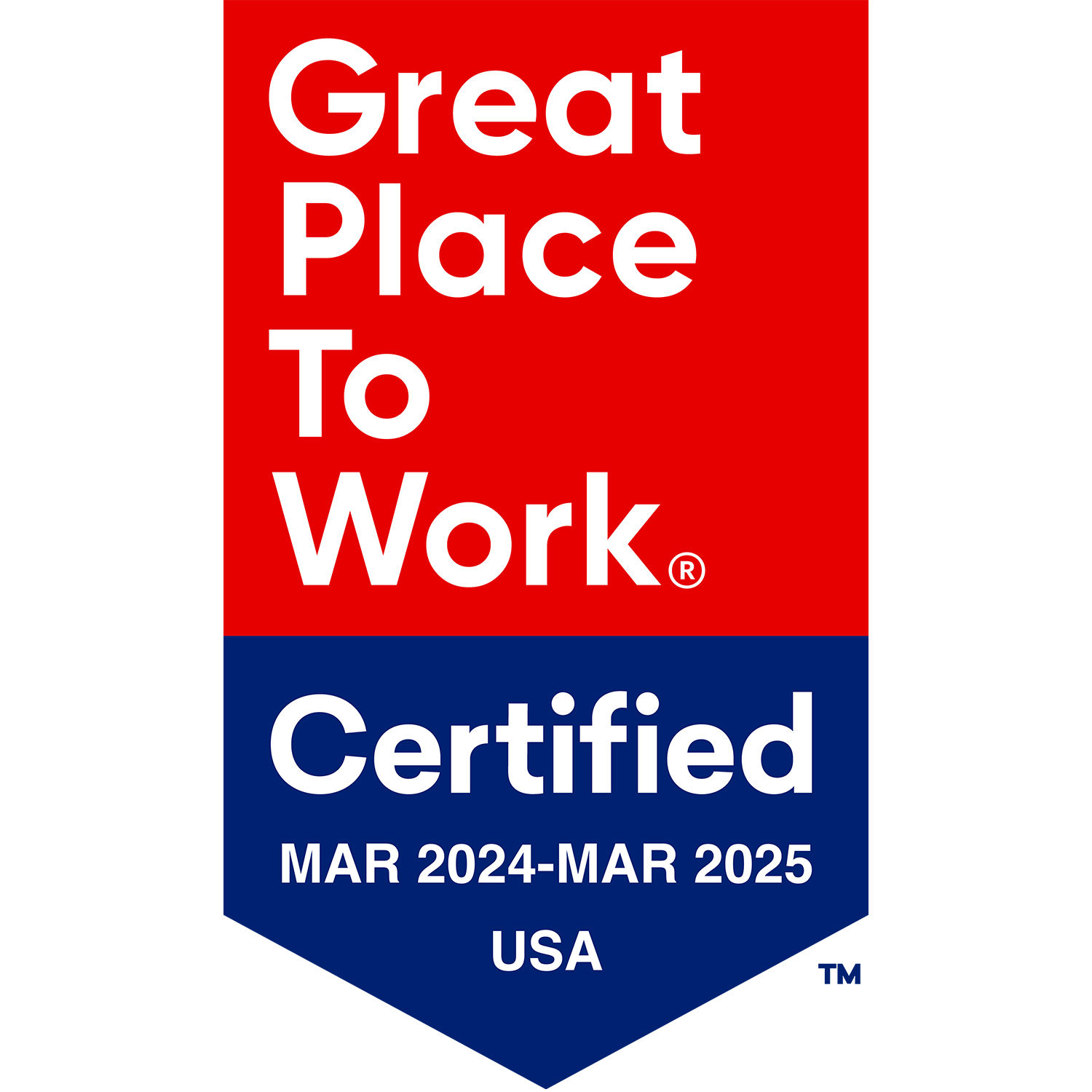By Rick Banas of BMA Management, Ltd.
I write this Blog fully aware that most of you are likely to take issue with what I have to say.
After all, year after year you have been paying all this money into Social Security and Medicare. The assumption was that the federal government was taking this money and socking it away in trust funds so it would be there to pay your benefits.
Oh how I wish that were the case. Don’t get me wrong, the federal government did deposit the money into the trust funds. But they withdrew funds almost as quickly as they made the deposits to cover other expenditures, replacing the money with IOUs.
It would be like you going into the bank and opening an account to fund future college education expenses for your children. You deposit $10,000 in the account. You then convince the bank to allow you to withdraw all or most of the money to spend on other things and replace it with a note saying that you will repay the money when your children are ready to pursue their bachelor’s degree. At the same time, you are able to tell your children not to worry because the account reflects a balance of $10,000.
The federal government has been able to get away with this scheme for years because there has always been enough money collected from Social Security and Medicare taxes to cover current obligations. Soon, however, that will not be the case. Without significantly increasing taxes, there will not be enough workers paying into the system to cover payment requirements for the rapidly increasing number of Social Security and Medicare recipients.
This is not my prediction.
Last Friday, trustees of the Social Security and Medicare systems provided updated projections on how many more years we have left until the “trust funds” are “exhausted”.
The newly projected insolvency date for Medicare is 2024, which is less than 13 years from now and five years earlier than what the trustees had predicted just last year. I will be in my early 70s.
The prediction assumes that all of the cost savings that are supposed to happen under the Affordable Health Care Act do actually happen. If those savings are not realized, Medicare will become insolvent in less than five years, about the time I celebrate my 65th Birthday.
The Social Security Trust Fund will be “exhausted” by 2036, about the time those born in 1969 will be turning 67 years of age.
All signs indicate that even with significant improvements to our economy, the dooms day dates can only be delayed. They can’t be avoided.
I understand what a hard pill this is to swallow. Bitterness, however, does not in any way diminish the need to address the issue and make changes now rather than later. Delay will only make matters worse. The money is just not there.
Here are the options that I am hearing discussed as alternatives to very hefty hikes in the payroll taxes for Social Security and Medicare:
Raising the retirement age.
Reducing benefits. (Not anywhere near the top on my list.)
Going to a system of means-testing. Not everyone at or above the retirement age would be eligible for benefits. The programs would be limited to those who have financial need. (For those of you who are history buffs, this was how Social Security was originally set up.)
“If action is taken sooner rather than later, more options will be available to phase in changes so that those affected have adequate time to prepare,” the trustees noted in their report. “Earlier action will also afford elected officials with a greater opportunity to minimize adverse impacts on vulnerable populations, including low-income workers and those who are already substantially dependent on the programs.”
Newly elected U.S. Rep. Adam Kinzinger of the 11th District in Illinois talked at a recent Senior Forum held at our Heritage Woods of Manteno affordable assisted living community about the changes to Medicare that are being proposed on his side of the aisle. The changes, he said, would only affect those who currently under the age of 55. There would be no changes in Medicare for those of us who are currently 55 years of age or older.
What are your thoughts?
All affordable assisted living communities managed by BMA Management, Ltd. are certified and surveyed by the Illinois Department of Healthcare and Family Services. All assisted living communities are licensed and surveyed by the Illinois Department of Public Health.
“BMA Management, Ltd. is the leading provider of assisted living in Illinois
and one of the 20 largest providers of assisted living in the United States.”
What are your thoughts? Leave a comment and let us know.



